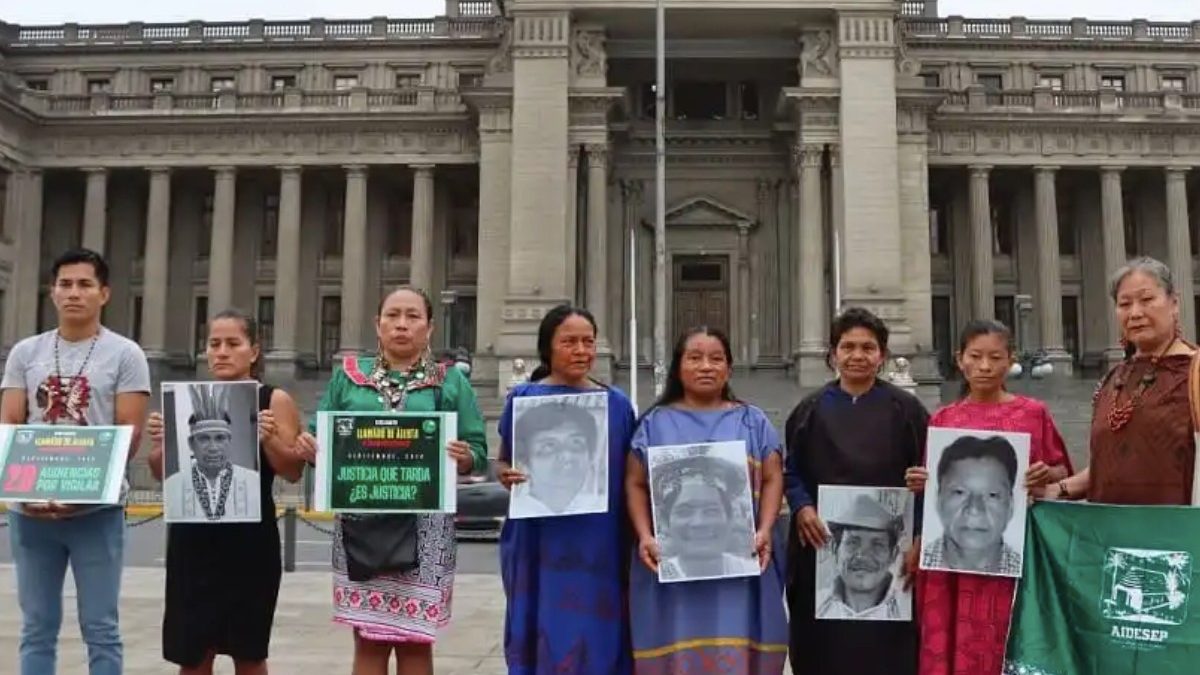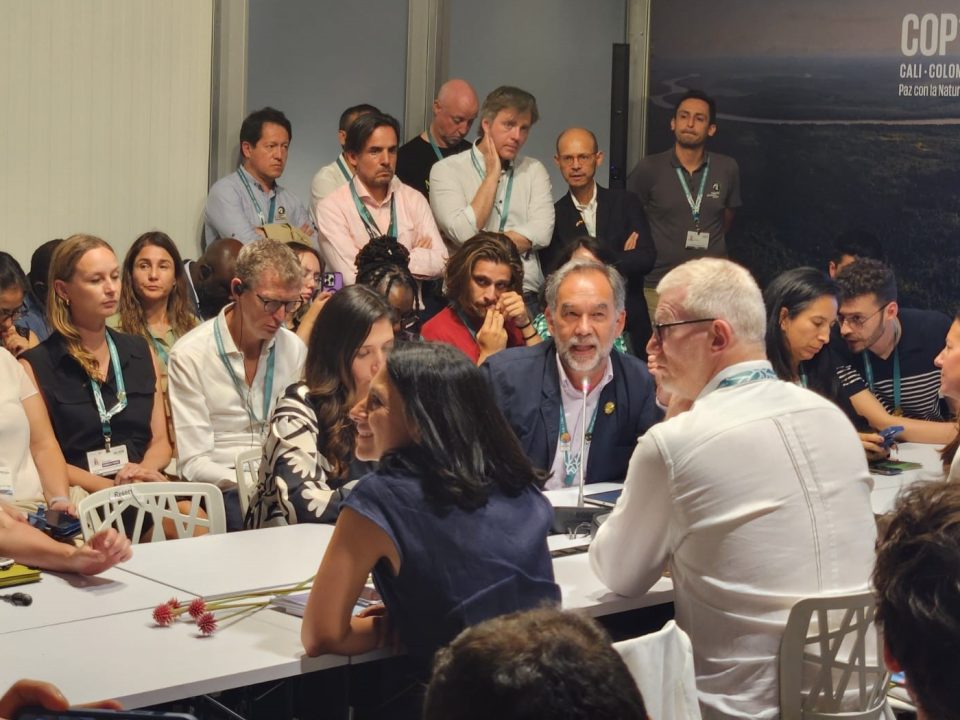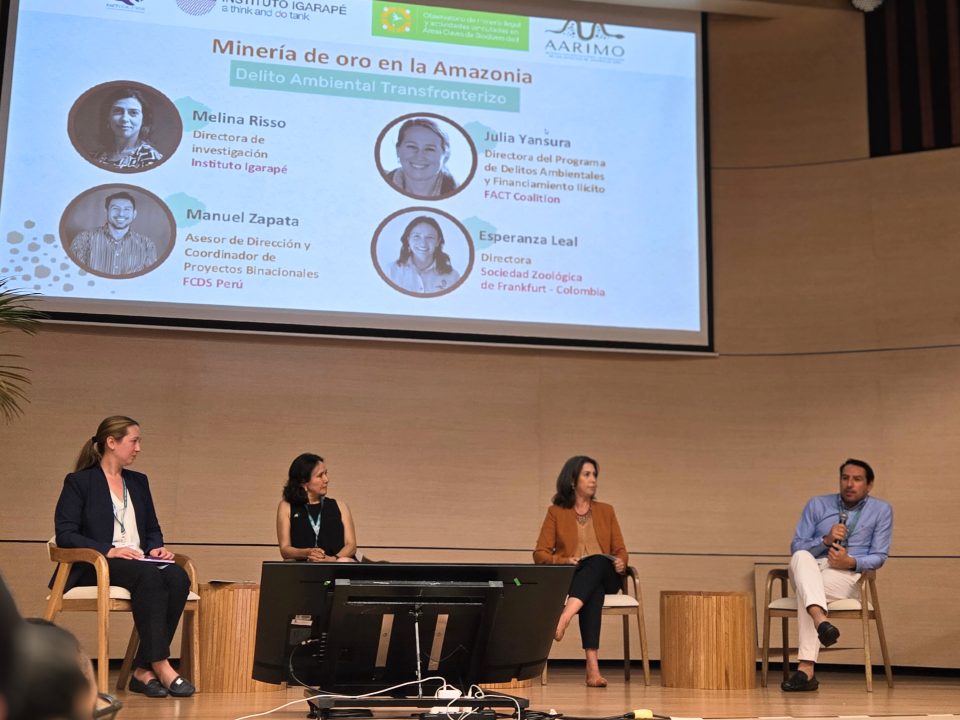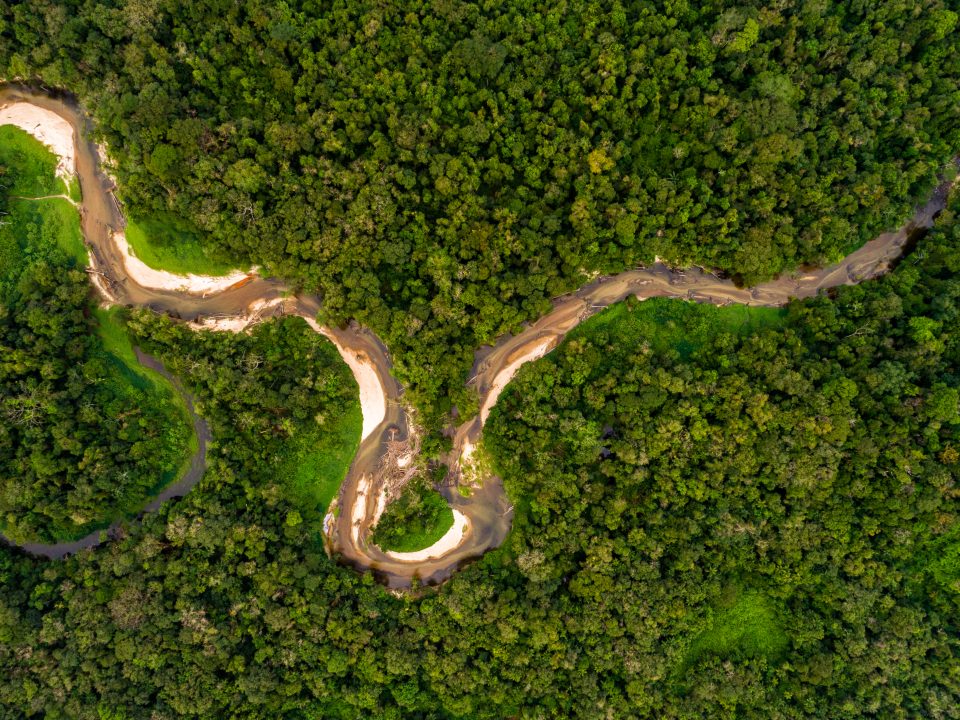By: Mariano Castro Sánchez-Moreno
Director of Unidos por los Bosques
Fundación para la Conservación y el Desarrollo Sostenible Peru
Guaranteeing the establishment of human rights, as well as a safe and enabling environment for the exercise of these rights, is a basic obligation of the social and environmental rule of law.
For this reason, the recent unanimous sentence of the Collegiate Criminal Court of Ucayali on the Saweto case is a reference and, at the same time, a challenge for State policies on environmental justice. case is a reference and, at the same time, a challenge for State policies on environmental justice. This Court imposed a sentence of 28 years and 3 months of effective deprivation of liberty to the direct co-perpetrators and perpetrators by proxy of the crime against life, body and health in the form of aggravated homicide, with the aggravating circumstance of aggravating circumstance of malice aforethought. This decision is fair, is adequately supported and values well the proofs and evidences shown by the prosecution and the defense of the victims.
A first issue that needs to change is related to public policies to guarantee the right of access to environmental justice. The 10-year struggle of the Alto Tamayo-Saweto community, especially the widows of Ashéninka leaders Edwin Chota Valera, Jorge Ríos Pérez, Francisco Pinedo Ramírez and Leoncio Quintisima Meléndez, is a tangible lesson that justice should not be so insensibly slow and distant. The Peruvian justice system must guarantee effective and timely procedures, adopt measures to reduce or eliminate barriers to the exercise of the right of access to justice and, in addition, guarantee the use of interpretation into the languages of indigenous peoples.
In addition, access to administrative justice must be significantly improved, as the murdered leaders also demanded attention to stop the actions of illegal loggers, organized groups that wanted to depredate their community.
A second aspect of change is related to the obligation of the State to guarantee the adequate execution of the mechanisms for the protection of environmental human rights defenders and indigenous peoples. In this regard, among other issues, it is questionable that the Executive Power and the Congress have omitted in the budget of the Republic the necessary resources for the aforementioned mechanism to be able to execute preventive or emergency actions. In several areas of the Peruvian Amazon there are serious and growing threats to the life and safety of human rights defenders caused by organized crime and other illicit activities. The State must act to guarantee a safe environment conducive to the exercise of rights.
A third aspect is that the country must assess the enormous damage caused by the 150 thousand hectares of deforestation nationwide. And, Ucayali, the region to which Saweto belongs, leads nationally the accumulated deforestation with 542 thousand hectares between 2001 and 2022. With these levels of deforestation we all lose. This deforestation requires changes in sectoral and regional policies, as well as in the recently approved regulations that seek to regularize deforestation and leave illegal activities caused by illegal loggers, illegal miners, drug traffickers, etc., unpunished.
These aspects are some of the lessons emblematically offered by the Saweto case. Not only the sentence must be confirmed and executed, but also important changes must be made in public policies and in the country’s performance for sustainable development.
Photo: Andina.






